-
Google AI better than human doctors at diagnosing rashes from pictures

Google’s medical chatbot can use patient information and photos to pinpoint the cause of a rash. Credit: Adapted from Getty An upgraded version of Google’s medical chatbot can use smartphone photos to diagnose rashes and can evaluate a host of other types of medical imagery — improving the bot’s ability to pinpoint the cause of…
-
JWST Helps Decipher Mysterious Nature of Hot Alien World
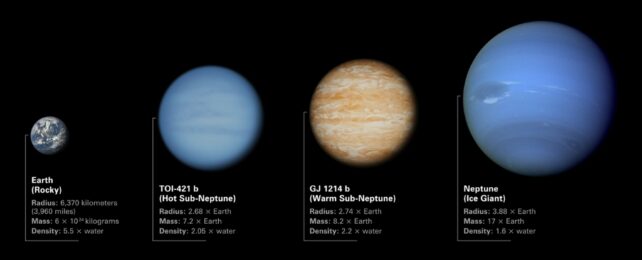
The idea that our Solar System is representative of other solar systems hasn’t survived the age of exoplanet discovery. Kepler and TESS have shown us that our system doesn’t even contain the most common type of planet: sub-Neptunes. These planets pose a mystery to planetary scientists, and the JWST is helping unravel the mystery. Sub-Neptunes…
-
Wired into nature: Retiring computer science professor looks forward to more outdoor time
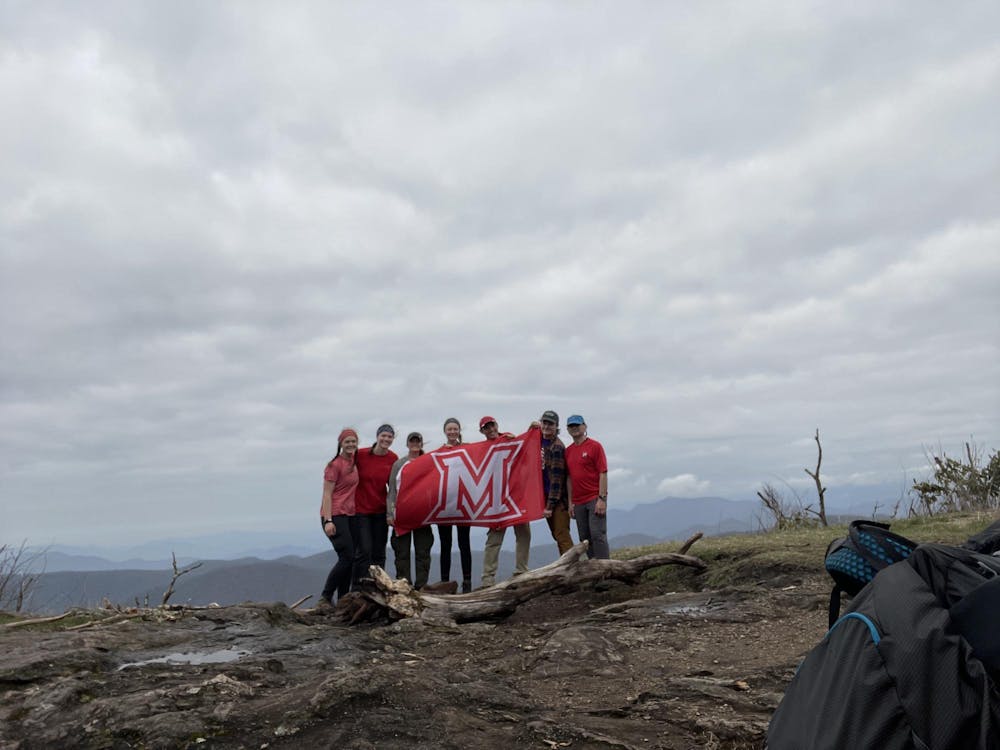
When walking into Eric Bachmann’s office in the McVey Data Science building, it would be hard to assume he loved hiking, instructed in the Outdoor Pursuit Center or was a helicopter pilot in the Navy. Instead, students see the trinkets his colleagues bestowed upon him: a duck riding in a rickshaw and a rhino from…
-
Turtle Back Zoo offering science, nature programs for kids
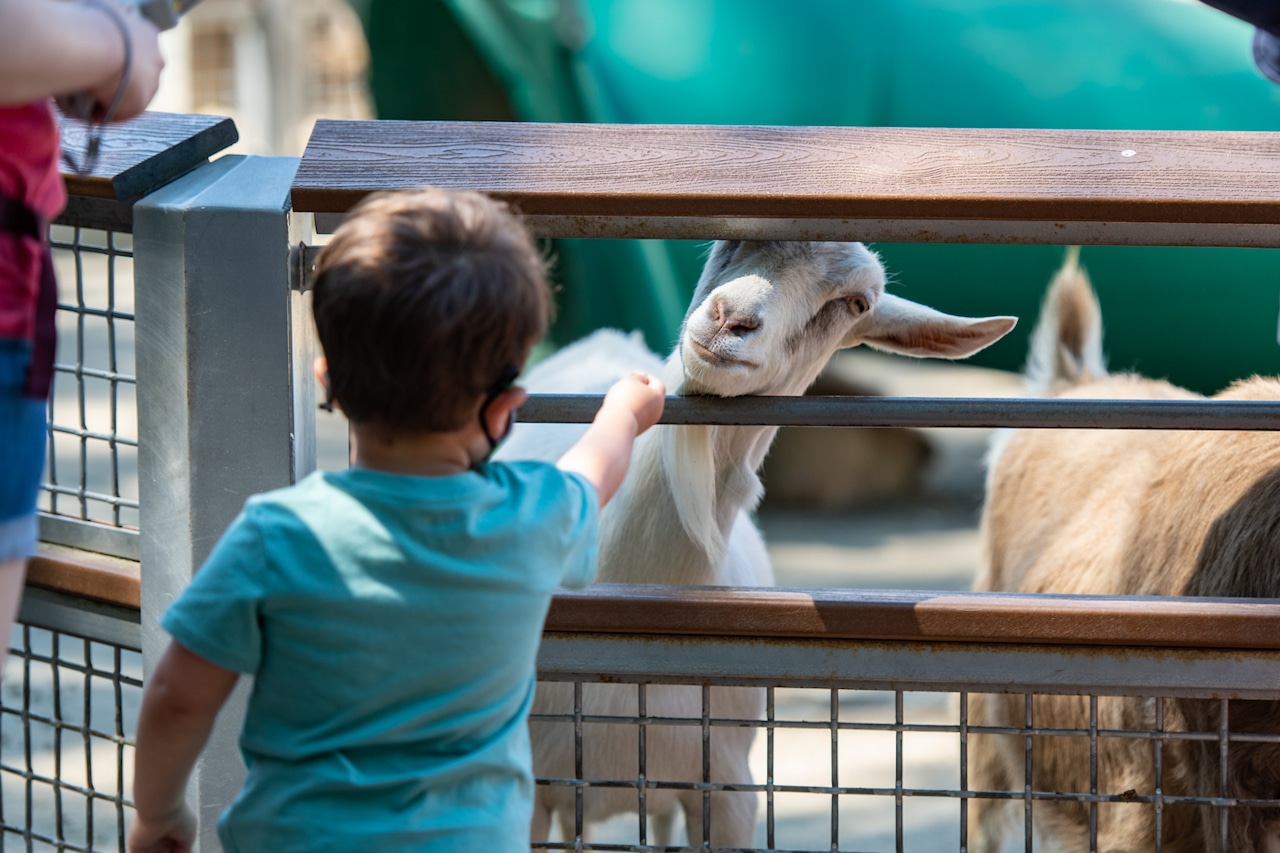
The Turtle Back Zoo in West Orange is offering a new educational program called Wonders of the Wild for children ages 6-12. The supplementary science and nature program aims to foster scientific literacy and lifelong environmental stewardship through engaging activities and projects. Wonders of the Wild sessions are held in-person at the zoo’s Berson Family…
-
Why China needs to review its approach to research evaluation
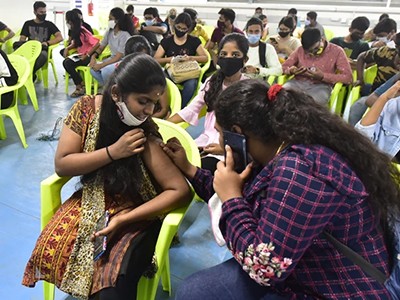
China’s efforts to redefine how scientific merit is measured are the subject of fierce debate. At the heart is a contradiction: Chinese institutions encourage researchers to follow global scientific norms, but they measure performance against locally defined priorities. Many scientists, especially those at early career stages, find it hard to navigate this system with its…
-
Scientists Are Reviving Climate and Nature Research Efforts in the Wake of Trump Cuts
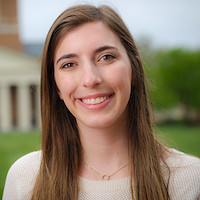
The first few months of the Trump administration have been marked by deep cuts to funding and staffing for scientific research. Among them: two major government reports that would have offered a pulse check for nature and climate in the country, and how changes could impact people and the economy. Now, scientists are resurrecting these…
-
Cuts to US science will take a generation to repair — leaders must speak up now
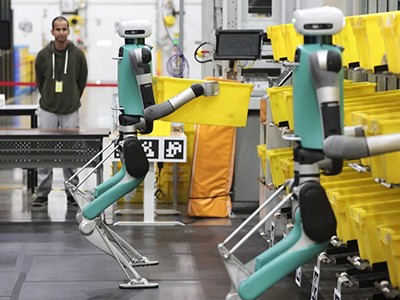
Over my decades as a professor of physics, I have encouraged myriad students to consider pursuing a science career, something that I have found immensely rewarding, intellectually and even spiritually — if not so much financially. I can no longer do so in good conscience, however; at least, not in the United States, amid the…
-
Photos: New Rochelle elementary student scientists collect data at nature exploration class
#footerContainer{padding:20px 26px 29px;border-bottom:1px solid #ddd}.footer-links{display:-webkit-box;display:-moz-box;display:-ms-flexbox;display:-webkit-flex;display:flex;color:#444;flex-wrap:wrap;list-style:none;margin:0;padding:18px 0 10px}.footer-link{align-self:flex-start;margin-bottom:10px;padding-right:7px;height:18px}.footer-link a{color:#444;font-family:unify sans,Helvetica,Arial,sans-serif;font-size:calc(14px + (16 – 14) * ((100vw – 320px)/(1200 – 320)));font-weight:400;font-style:normal;line-height:1.6;text-decoration:none}.footer-link a:after{content:”0b7″;margin-left:7px}.footer-link.last a:after{content:””}.footer-social-buttons{display:-webkit-box;display:-moz-box;display:-ms-flexbox;display:-webkit-flex;display:flex;flex-wrap:wrap;margin-bottom:18px;margin-top:12px}.social-button{margin-right:25px;align-self:flex-start}.social-button.last{margin-right:0}.facebook{fill:#3b5998}.twitter{fill:#55acee}.snapchat{fill:#fff;stroke:#000}.linkedin{fill:#007bb5}.pinterest{fill:#c92228}.copyright{color:#444;font-family:unify sans,Helvetica,Arial,sans-serif;font-size:calc(12px + (14 – 12) * ((100vw – 320px)/(1200 – 320)));font-weight:400;font-style:normal;line-height:1.15}.ot-sdk-show-settings{color:#444;font-family:unify sans,Helvetica,Arial,sans-serif;font-size:calc(14px + (16 – 14) * ((100vw – 320px)/(1200 – 320)));font-weight:600;font-style:normal;line-height:1.6;text-decoration:none}.ypc-icon{margin-bottom:-1px;padding-right:6px}@media all and (min-width:1200px){.footer-link a{font-size:16px}.ot-sdk-show-settings{font-size:16px}.copyright{font-size:14px}} © Copyright Gannett 2025
-
Nature’s Ozempic? Scientists Uncover Potential Weight Loss Solution
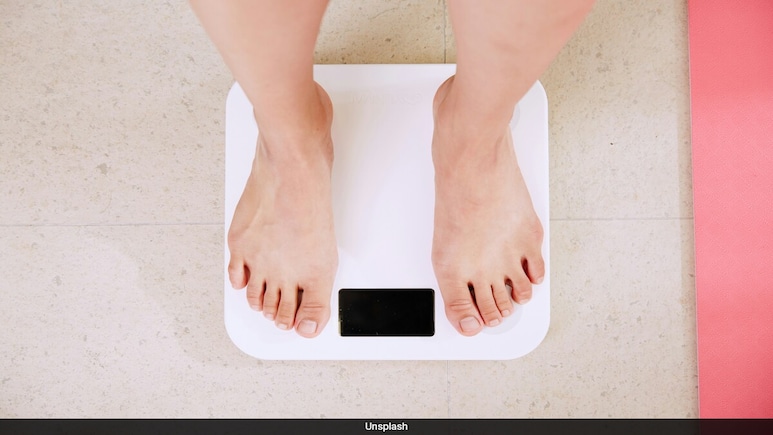
The key to unlocking this natural process was found to be a gut microbe and its metabolites. Quick Take Summary is AI generated, newsroom reviewed. Scientists at Jiangnan University identified a gut microbe, B. vulgatus. B. vulgatus and its metabolites can regulate blood sugar and cravings. This research may offer natural weight and blood sugar…
-
Trump proposes unprecedented budget cuts to US science
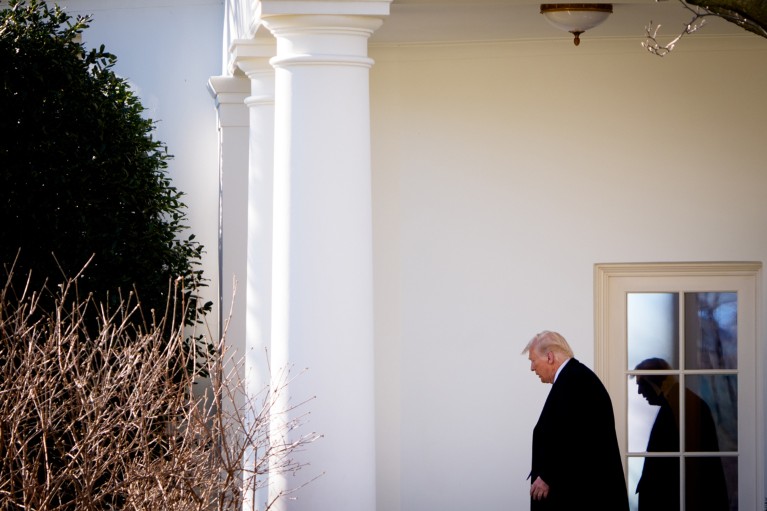
US President Donald Trump has proposed stiff cuts to the budgets of US science agencies for 2026.Credit: Andrew Harnik/Getty US President Donald Trump’s proposed budget for fiscal year 2026 calls for unprecedented cuts to scientific agencies that, if enacted, would deal a devastating blow to US science, policy specialists say. On 2 May, the White…